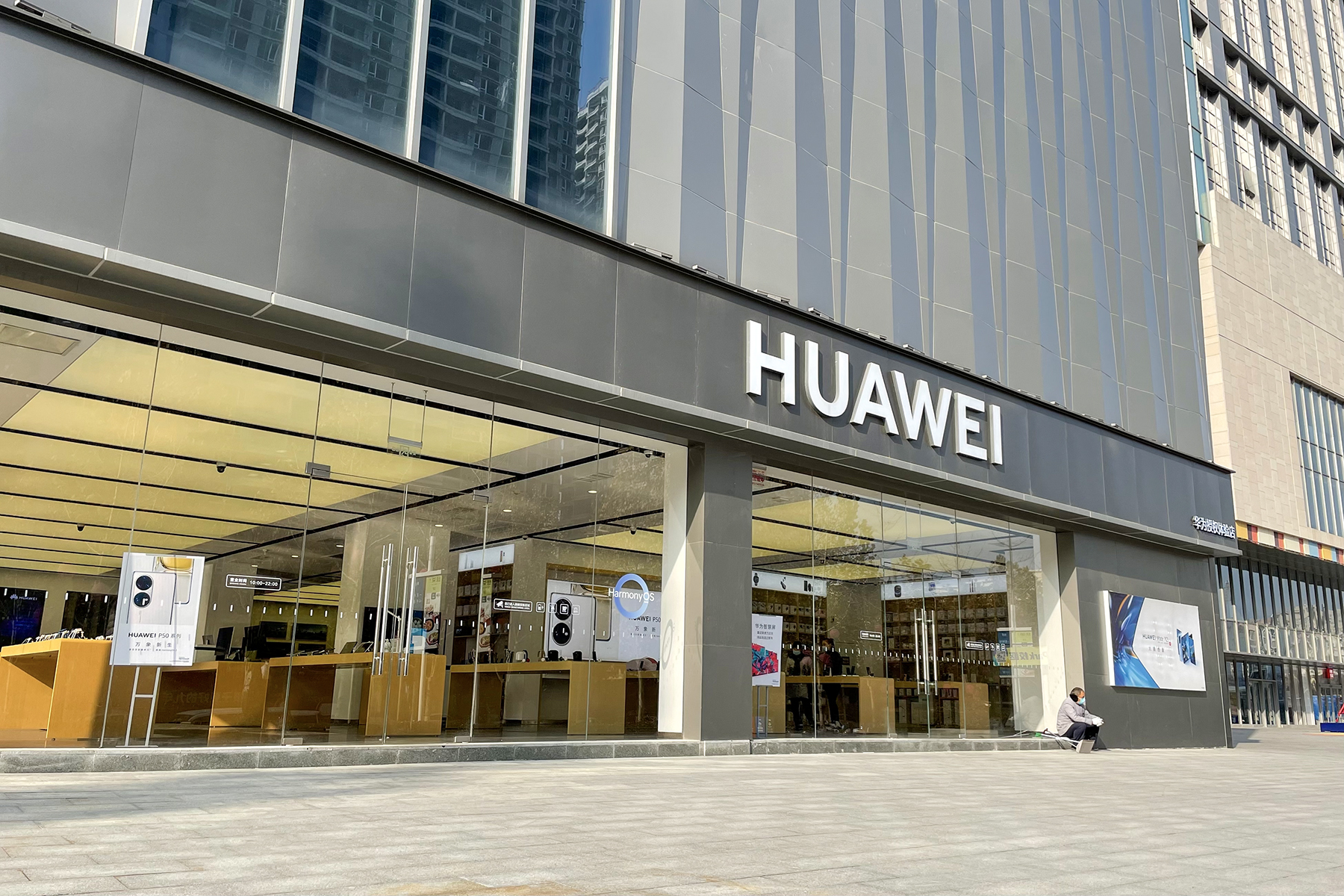Our resources thrust participants into the heart of real-world scenarios, from crisis management in the UK during the Covid-19 pandemic to cross-party education reform in Brazil.
Many of our resources are available on The Case Centre distribution platform. Educators who are registered with the site can access free review copies of our case studies, teaching notes, and other materials.
To inquire about our other cases or background materials, please contact us at casecentre@bsg.ox.ac.uk.
Should I really be doing this? Misba Khan’s journey to the North Pole
Misba Khan, a 48-year-old, Pakistani-British woman, had to overcome several challenges to join the Women’s Euro-Arabian North Pole Expedition. Khan described herself as ‘an ordinary person who does a nine-to-five job and a mum’ with limited hiking – and no skiing –experience. She found the expedition training extremely daunting. When faced with a teammate returning home and the task of navigating the group across arctic ice, Khan had to decide: would she forge ahead or turn around?
This case study follows Misba Khan, a 48-year-old, Pakistani-British woman, as she prepares to ski the last degree to the North Pole with the Women’s Euro-Arabian North Pole Expedition (WEANPE). The WEANPE sought to bring together a diverse group of 12 women from across Europe and the Middle East for the challenging Arctic expedition, with the dual aim of fostering cross-cultural dialogue and inspiring other women to forge into new frontiers. The case is set in September 2016 at the first training expedition in Iceland as Misba tries to find her place on the team. Prior to arriving, Misba had invested a good deal of effort in building necessary skills, such as becoming a strong swimmer, but she was still inexperienced in many areas, having never lit a camping stove, nor erected a tent, nor put on a pair of skis. Now, during the expedition, she is thriving at certain aspects of the training but struggling with others. The skiing has pushed her to the edge of her endurance and she has found herself connecting with only one of her teammates, Fatima, as the other teammates are somewhat younger and more experienced than she is. When Misba receives the unexpected news that Fatima was leaving the expedition for good, Misba needed to decide if she would keep going.
- Learn best practices to deal with difficult challenges;
- Apply learnings to be better contributors and leaders of diverse teams;
- Reflect on what success means to a team and to an individual, and plan decisions accordingly;
- Communicate difficult decisions in a team context.
Covid-19 at Oxford University Hospitals: Sustaining morale on the eve of a crisis
Set during the COVID-19 pandemic, this case follows a day in the life of Professor Meghana Pandit, chief medical officer at Oxford University Hospitals NHS Foundation Trust (OUH). It is 17 March 2020, and Pandit must prepare the hospital’s four locations and 12,000 employees for the peak of COVID-19 cases projected to hit Oxfordshire in two weeks’ time.
On this busy morning of back-to-back meetings, Pandit receives an email from a concerned surgeon: he and his team no longer want to continue certain elective-surgery procedures. They feel that they lack sufficient specialised protective equipment and thus face undue risk of exposure to COVID-19. National health authorities had advised that elective procedures should continue, and maintained that standard protective gear should be sufficient. Yet government guidance was changing rapidly. Not only did this hamper quick and informed decision-making for hospital leaders like Pandit, but it also contributed to confusion, anxiety and distrust among frontline healthcare workers. How should Pandit respond to the surgeon?
- Provide participants with leadership skills to build an institutional culture that can cope with a crisis;
- Learn actions and communications strategy for when the crisis moment hits;
- Plan for alternative strategies when the initial efforts fail.
To Huawei or not? The 5G decision in India
In 2019, India, like many countries around the world, was laying the groundwork for the deployment of 5G mobile telecom technology. 5G, with its high-speed, high-capacity and low-latency potential, was expected to transform the economy and society, with projections suggesting that it would create a cumulative economic impact of $1 trillion in India by 2035. The dominant vendor of 5G technology was China-based Huawei, which, in 2019, offered end-to-end solutions that were cheaper, faster and higher quality than its competition. But several intelligence agencies in the West suspected that Huawei would install ‘backdoors’ into its equipment to allow the Chinese government to conduct espionage activities.
India, with its longstanding security concerns vis-à-vis China, was faced with a dilemma: embrace costlier and slower 5G equipment from Huawei’s competitors, potentially setting back its economic targets for 5G, or develop ways to work with Huawei to address the security concerns. Huawei had been instrumental in allowing Indian telecom operators to rapidly expand access to previous-generation mobile and internet services in recent years. And while the US had banned the use of Huawei equipment across its public and private networks, and was strongly encouraging allied countries to do the same, other countries such as the UK had signalled a willingness to continue to do business with Huawei. With time of the essence, Indian Telecom Secretary Aruna Sundararajan had to advise the new government on the way forward.
- Demonstrate effective public-private partnership skills in situations of information asymmetry;
- Build lasting public-private partnerships.




